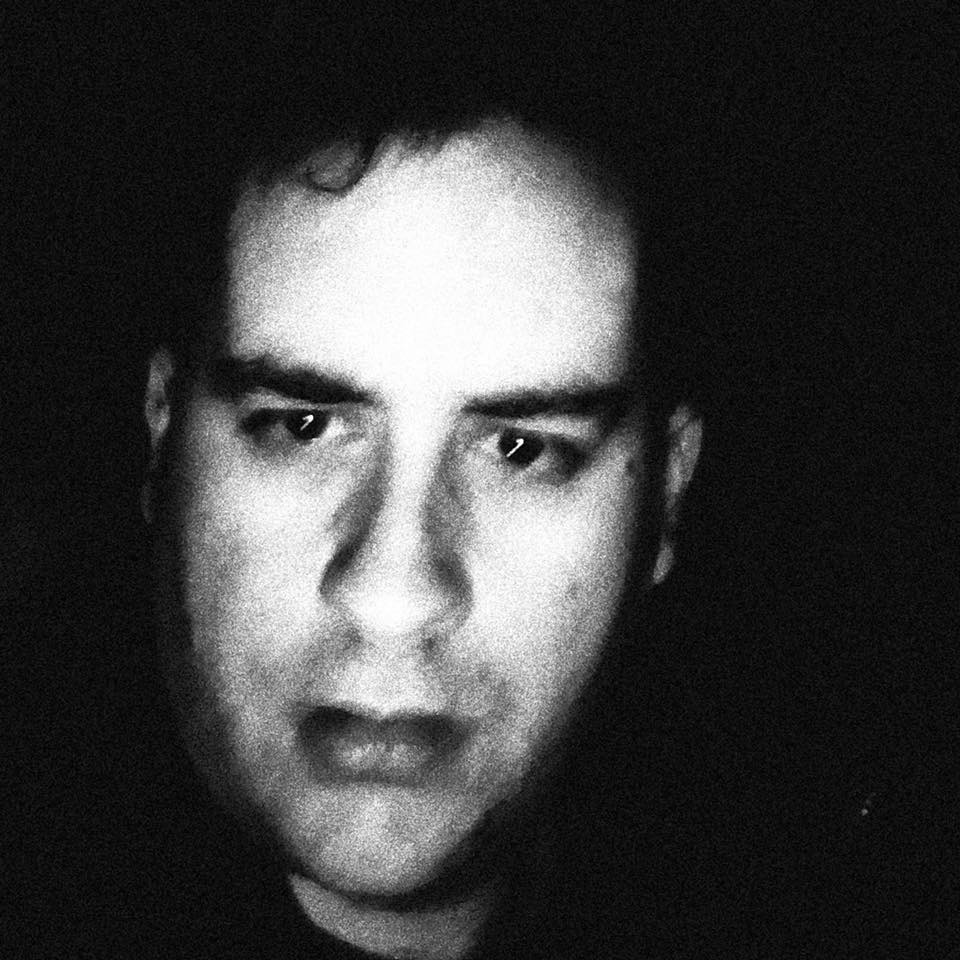Remember Acclaim
Uncategorized
2
Posts
2
Posters
2
Views
-
Remember Acclaim?
In the 90s, they were massive. Bigger than EA. Bigger than Ubisoft. For a while, they were the top dog in video game publishing.
What most people don’t know is that Acclaim straight up bought Valiant Comics. They even renamed it Acclaim Comics, betting that Valiant’s superhero universe would feed them endless game ideas.
That’s how we got Turok on the Nintendo 64.
They wanted their own Marvel-style multimedia empire before Marvel figured it out themselves.
But the whole thing fizzled. The comics line collapsed. The games stopped selling. And eventually, Acclaim went bankrupt.
Then there’s Rebellion.
They pulled the same move—except they actually made it work. In 2000, they bought 2000 AD, the legendary British sci-fi comic. Think of it as the UK’s answer to Heavy Metal: dystopian, punk, and sharp as hell. It’s where Judge Dredd came from.
Unlike Acclaim, Rebellion didn’t merely buy IP—they built around it. They kept publishing 2000 AD, digitized the archives, licensed it smartly, and folded it into their game development ecosystem.
Rebellion’s approach was no quick cash grab. They played the long game.
While Acclaim treated Valiant like a gimmick to fuel a few N64 hits, Rebellion treated 2000 AD like infrastructure. They didn’t just slap Judge Dredd on a box and call it a day. They became publishers, archivists, and stewards.
They digitized the entire 2000 AD back catalogue. Kept the weekly issues rolling. Licensed the characters smartly. Folded the IP into their broader media strategy—comics, games, even film.
They turned a comic into a cultural backbone for their entire company. That’s why it worked. -
Remember Acclaim?
In the 90s, they were massive. Bigger than EA. Bigger than Ubisoft. For a while, they were the top dog in video game publishing.
What most people don’t know is that Acclaim straight up bought Valiant Comics. They even renamed it Acclaim Comics, betting that Valiant’s superhero universe would feed them endless game ideas.
That’s how we got Turok on the Nintendo 64.
They wanted their own Marvel-style multimedia empire before Marvel figured it out themselves.
But the whole thing fizzled. The comics line collapsed. The games stopped selling. And eventually, Acclaim went bankrupt.
Then there’s Rebellion.
They pulled the same move—except they actually made it work. In 2000, they bought 2000 AD, the legendary British sci-fi comic. Think of it as the UK’s answer to Heavy Metal: dystopian, punk, and sharp as hell. It’s where Judge Dredd came from.
Unlike Acclaim, Rebellion didn’t merely buy IP—they built around it. They kept publishing 2000 AD, digitized the archives, licensed it smartly, and folded it into their game development ecosystem.
Rebellion’s approach was no quick cash grab. They played the long game.
While Acclaim treated Valiant like a gimmick to fuel a few N64 hits, Rebellion treated 2000 AD like infrastructure. They didn’t just slap Judge Dredd on a box and call it a day. They became publishers, archivists, and stewards.
They digitized the entire 2000 AD back catalogue. Kept the weekly issues rolling. Licensed the characters smartly. Folded the IP into their broader media strategy—comics, games, even film.
They turned a comic into a cultural backbone for their entire company. That’s why it worked.@atomicpoet It helps that the fellas in charge of Rebellion were already 2000 AD fans. Fleetway, the publisher at the time, were about to cancel the comic, and the Rebellion guys wanted to keep it going.
More recenlty, they bought out the rest of Fleetway's back catalogue and have been putting out some pretty nice collections of lesser-known but still significant British comics. They've also been making new stories, and even have their own Avengers/Justice League in the form of The Vigilant.
-
 A Chris Trottier shared this topic
A Chris Trottier shared this topic